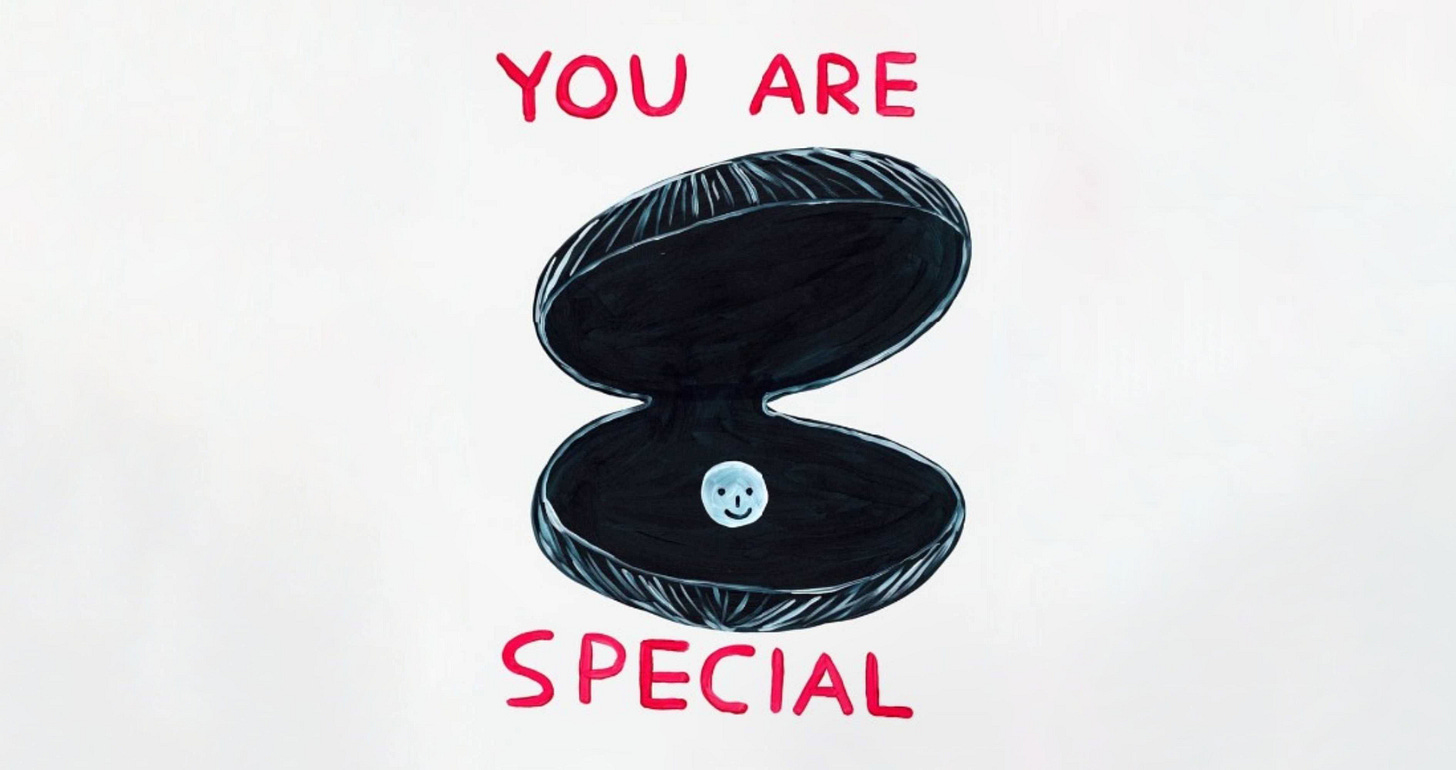On individualism
and the ways this ideology is infiltrating our education systems
I have had an incredibly busy few days, speaking and facilitating at the Science of Learning Leadership Accelerator (SOLLA). Two days of hearing from the country’s most eminent reading scientists, behaviour experts and committed journalists left me feeling incredibly optimistic about the state of education in Australia. Professor Joanna Barbousas of La Trobe University spoke about the inroads being made into initial teacher education in Australia, hopefully paving the way for other universities to radically improve their provision of the essentials like cognitive load theory and Science of Learning.
After reflecting for a couple of days on the themes that emerged (and feeling extremely guilty that my little newsletter has been neglected), I thought I would thread the pieces of the SOLLA experience. What really stuck with me was an anecdote that was shared in a completely incidental way, but one that disturbed me. One of the participants completed a recent preschool visit and her observations were almost Beckettian in their absurdity. She discovered that children as young as three were the lucky(?) beneficiaries(??) of differentiated and personalised learning plans, with activities designed according to student interest, which of course is so specific in toddlers!
What we see here is the misconception writ large that students are more different than alike. And the more insidious problem is that I am sure that parents absolutely adore the idea of 30 children (their child being of course the most unique) receiving personalised learning from conception. We see this play out in schools where we have what Elena Douglas calls the ‘wasteful spectacle’ of differentiation, a practice that sees our most vulnerable learners receive the poorest quality instruction in the form of worksheets, rather than quality, whole-class explicit instruction. In the words of Lyn Stone, this kind of explicit instruction is essential for some and harmful for none.
At the macro level, we have whole school systems set up so that students can ‘construct’ their learning on their own. Rather than stand on the shoulders of giants, students can muddle their way to their own understandings about trigonometry and the Romanov Dynasty. And while I always say that I would vote Liberal (conservative) if I could vote on education alone, I think the NSW government has got the stage not age proposal very wrong. The proposal calls for students to progress according to their individual achievement, not their age, which privileges relative over absolute learning. While well-intentioned, individualist policies like this threaten to leave our most vulnerable students in the doldrums.
The disproportionate reaction to the NSW commissioning opt-in teaching materials also speaks to what I see as a kind of exceptionalism in the collective mindset of many teachers. Rather than even entertaining the possibility of quality materials being produced and provided, mild panic seems to have emerged with rumours of forced, scripted lessons. Distinctive classroom personalities claim that their unique pedagogy will always outperform the more formulaic but far more effective explicit direct instruction. Dylan Wiliam has inadvertently endorsed the relativism so pervasive in education when he said that everything works somewhere and nothing works everywhere. AERO’s new report, found here, puts paid to the idea that instructional choices are all about the uniqueness of the students and teaching environment.
Providing endless fodder for this culture of exceptionalism is the way that we develop — or stunt — our students. A focus on developing the ‘whole student’ has ironically given rise to the cult of the individual in education. This can be seen at every layer of the educational journey. The popularity of problem-based, ‘authentic,’ entrepreneurial teaching roles in schools speaks to the cult of start-up heroism and tech-mythmaking. The proliferation of ‘trigger warnings’ which threaten to limit the education of the collective speaks to the cult of mental-health-as-identity. Even more insidiously, behaviour policy designed to accommodate the offender over the (often collective) victims speaks to the saviour-identities of policy-makers and influencers.
So what started as an incredibly optimistic post has ended in the destruction of collectivism, a dearth of effective instruction for the masses, and an ultimately disenfranchised and self-interested generation as a result. Sorry about that. Do I really believe that things are this bleak? According to the Magic 8 Ball, ‘My sources say no.’ As much as Theory can be abstract and unhelpful, it’s so important for us to be able to recognise ideologies that are like warm apple-pie in the moment. I mean, who doesn’t like being seen as special? But individualism, taken in the context of education, can do very little in the long run to prepare students for a life of agency, mobility and the kind of engaged citizenship that we so badly need right now.



Yes and yes!!
Sure, Ben. By absolute I mean the kind of learning that happens just from being in class year on year. We tend to measure relative learning, as in relative to others, more often. So by giving a grade and an average or even reporting on rank. With absolute learning we know that students (the large majority) will be able to know and do more by next year regardless of their rank or their learning in relation to their peers.